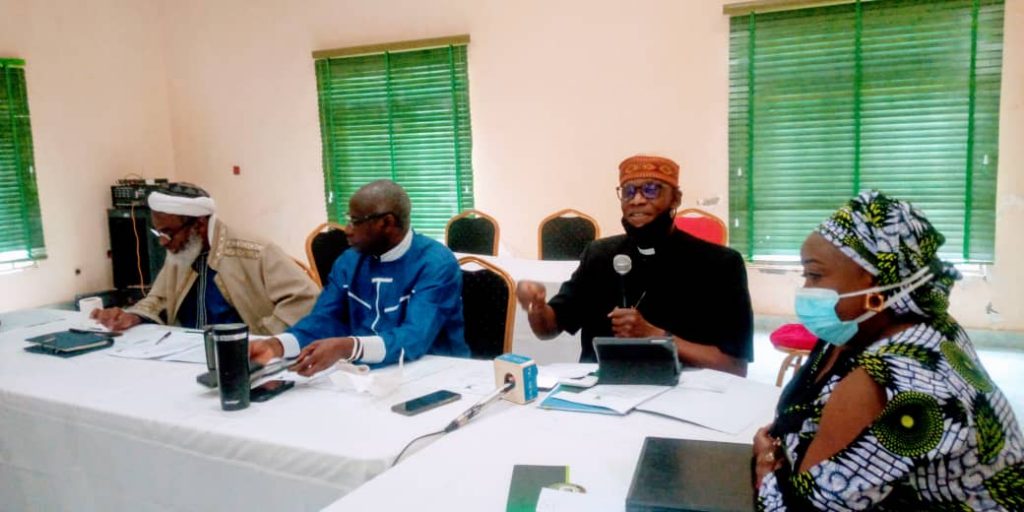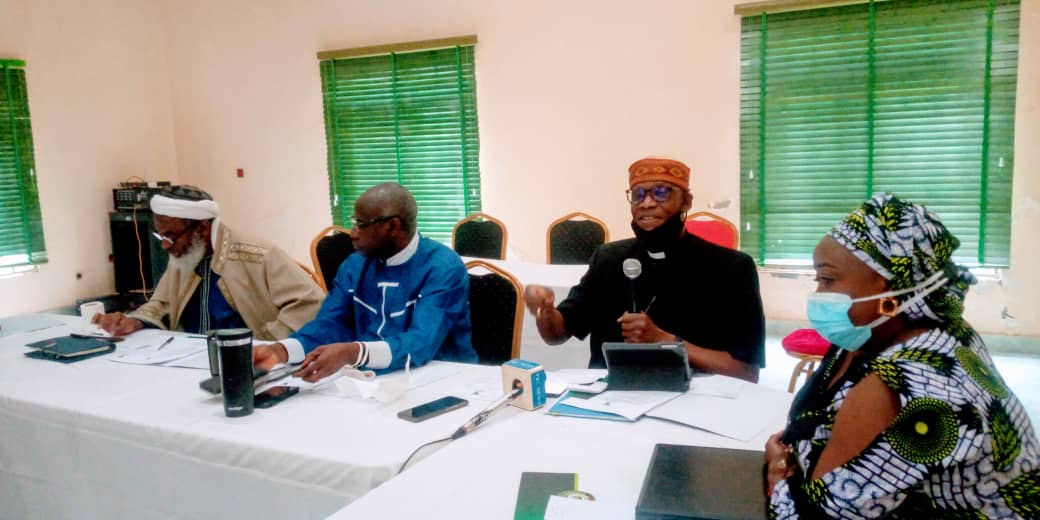
From shindong Bala, Kaduna
Religious Leaders in Kaduna State have expressed commitment to assist government find solutions to prevailing security challenges through spiritual interventions and innovative suggestion to those in authority.
Co-Chairmen, House of Kaduna Family Sheikh Ahmad Mahmud Gumi and Apostle Emmanuel Kure stated this in Kaduna at an interreeligious prayer session organized by the Kaduna State Peace Commission.
In a remark, Sheikh Ahmad Gumi attributes the prevailing security challenges to widespread ignorance amongst youths Poverty and poor governance.
“Ignorance and Poverty has ravaged the psyche of many people especially our Youths. We, as religious leaders, therefore, have to admonish our congregations to stop violence and the government should provide good governance to the people”.
Also speaking, Apostle Emmanuel Kure described the situation as very complex urging government to be flexible in it’s approach, improve the economic situation and create the enabling environment for the criminals to repent.
“Insecurity in Nigeria is very complex as such clerics and other leaders alike must be very careful making their remarks. We need to be more decent and reflective in our comments”
According to Apostle Emmanuel Kure some of the criminals are born out of circumstances while others have inherent tendencies that would not allow them to repent or stop what they are doing”
Earlier, the president of Kaduna State Peace Commission Bishop Idowu Fearon who stated that the Bible and Quran promotes working together in righteousness and piety because all humanity decended from Adam and Eve also added that the present situation needs God’s intervention.
Special prayers were offered by Religious scholars from the Two faiths, four from Islamic leaders and four from Christian leaders before the meeting went into a technical session.
.
